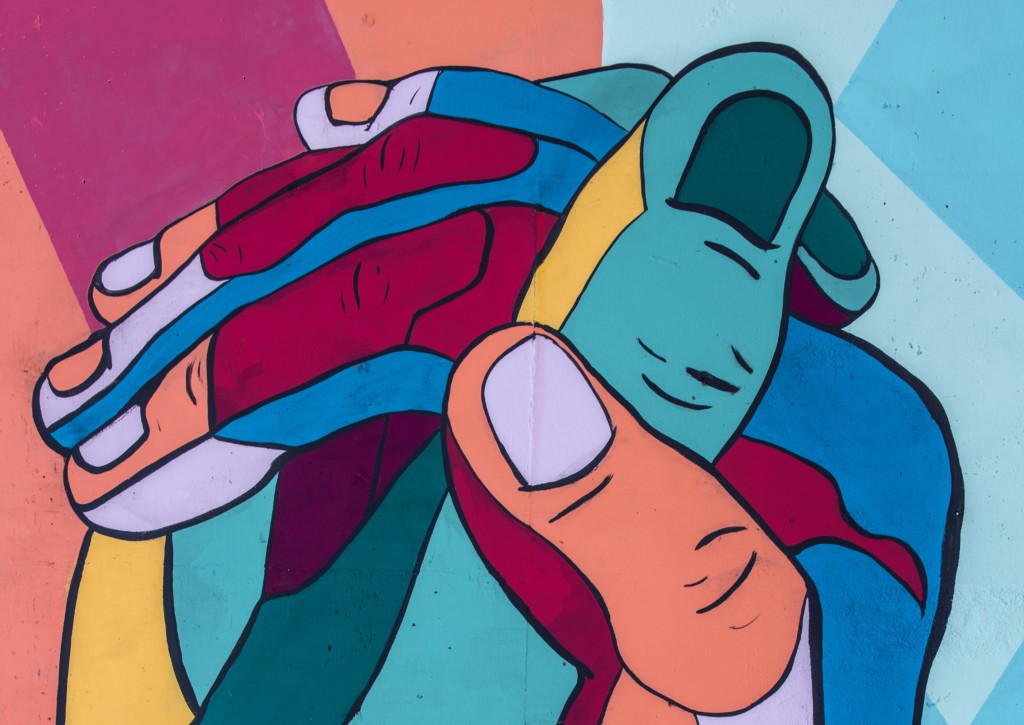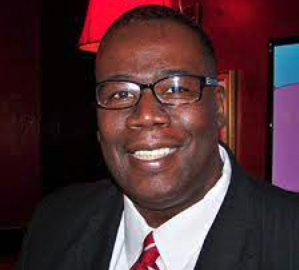We Shall Overcome: The Social Emotional Impact of the Pandemic and Racial Injustice on Students of Color
Key Points
-
Today, youth are faced with the challenges of COVID 19, the long-term effects of school and community shootings, and the politicization of what history they can learn in school.
-
Students face the threat of an uncertain future having to adjust sometimes daily to whether they go to school in person or virtually, and the adult debate of whether they should wear a mask.
-
Educational resources and community organizations can provide a source of comfort, direction, and support.

During Black History Month, I reflect on students’ voices in the struggle for racial justice and quality education for all. These are the students who cross the color lines to integrate schools. I think about the student-led sit-ins, the participation in the civil rights movement, and the youth today who speak out and march against racial injustice. Today, youth are faced with the challenges of COVID 19, the long-term effects of school and community shootings, and the politicization of what history they can learn in school. Students face the threat of an uncertain future having to adjust sometimes daily to whether they go to school in person or virtually, and the adult debate of whether they should wear a mask. Just like the students before them, they will be up to the challenge and will continue to be resilient in the face of adversity.
A new study by the Black Education Research Collective (BERC) at the Teachers College at Columbia University is the first of its kind to provide evidence to quantify the devastating effects of COVID 19 and police killings on Black children’s education in schools across the country, with a focus on six major metropolitan areas. Researchers looked at how the “triple pandemics of COVID 19, the pandemic recession, and racial violence” continue to “shape Black life in America and the conditions under which Black students learn” in the report. BERC collected data from an online survey of 440 Black Americans in communities across the United States and through nineteen Zoom focus groups. This included 82 Black high school students, parents, school administrators, and community leaders ranging in age from fourteen to over seventy residing in Atlanta, Washington, D.C., Las Vegas, New York, Detroit, and Boston over a five-month period beginning in January.
“Participants expressed concern that schools are ill-equipped to meet their children’s social, emotional, and academic needs.” And how COVID 19, as well as rising racial violence, have exposed their inability or unwillingness to meet the educational needs of Black students or the expectations of Black parents.”
“As a Black boy in America, it makes it impossible to ignore my culture because it is in my blood. It does not matter if I try to ignore it or if I come to peace with it, it doesn’t change the fact that my skin color makes me who I am and determines my life. And what scares me is that if I were going to get Skittles and Arizona Iced Tea on February 26, 2012, at 7:09 p.m. then my name would have been on the news and Trayvon Martin would not be in the ground right now. If I wanted to play with my gun replica on November 24, 2014, at 3:30 p.m. in the park then my name would be on the news, not Tamir Rice’s…
I am angry and I am scared for myself, for my little brother, for my mother who works for the government, for my father who served in the military and is younger than George Floyd, I am scared for my whole family. I’m not scared because I’m wearing black, I’m scared because they’re wearing blue.” Spencer Grant, Washington D.C
“It breaks not only my heart, but my soul knowing that some people can even consider others inferior to themselves. We all have people we love in our lives, and we have dreams, and hopes for the future. How could you live with yourself knowing you just took away a mother’s sweet, precious child?” Velma Martinez, Hoggard High School in Wilmington, NC
More emphasis needs to be put on how students are feeling and their voices need to be heard.
Antonio Boyd
Dr. Searetha Smith-Collins, Chief Academic Officer, 7 Mindsets
I spoke about the impact of the triple pandemic with Dr. Searetha Smith-Collins, a leading expert on social-emotional learning and the Chief Academic Officer at 7 Mindsets, one of the nation’s leading companies for social-emotional learning solutions. Dr. Smith–Collins is also the author of the book An Agenda for Equity: Responding to the Needs of Diverse Learners.
What do the students feel about the deaths of George Floyd, Ahmaud Arbry and others in your opinion?
Sometimes it takes a frightening, traumatic visual or real-life situation to shed a spotlight on old issues. All a person really wants is to be treated like a human being. These events demonstrated to students that not all people are viewed and treated with dignity as human beings and that is one of the realities of our society. The aggressive counteractions and backlash that followed have allowed students to see injustice and the duality of society. Rather than think that society is “color-blind.,” fairness in practice may not apply when it comes to certain people, for instance, women and people of color. For students of color, especially Black children, this is an important survival lesson that must be taught. They must learn to negotiate the inequalities, learn growth mindsets to overcome limiting beliefs and messages, and acquire the resilience, emotional strength, and hope to thrive and survive despite racial, ethnic, and gender challenges. At the same time, they must fight for the rights of all people and find ways to take a stand to change society for the better as future leaders and citizens. Each generation has the challenge of making society better than the one before. Our responsibility is to give them the tools and strategies to make a difference.
What role can school districts play in the healing and conversation?
Schools can deliver support and teach students and educators how to practice social-emotional learning to improve the quality of their thinking, actions, and behavior. Schools can teach how to use the tools and strategies to make a difference in the quality of life, and to build the resilience to survive and thrive, no matter the circumstances. Schools must take the time to teach respect, vulnerability, human kindness, belonging, and empathy as a part of a trusted culture, climate, and educational environment where students can overcome obstacles and barriers. Someone said that learning blossoms in an environment that creates a safe, supportive space where students and teachers can thrive and survive. School leaders, who are culturally knowledgeable and sensitive, play a significant role in shaping such an environment. Educational leaders and educators must create a school and district community that provides guidance and stability to its given population. This includes helping children and adults navigate social-emotional challenges, seek acceptance, inclusion, and a sense of belonging and care for self and others. All must learn how to navigate personal hardships and adversities and be available to provide space to address health and wellness as an integral part of the school and life agenda.
As students navigate the triple pandemic, educational resources and community organizations can provide a source of comfort, direction, and support. Edsurge provides a comprehensive list of resources for students dealing with COVID 19. The XQ Institute has put together a series of resources for students to help them engage in healthy discussions about racial injustice. More emphasis needs to be put on how students are feeling and their voices need to be heard. They shall overcome even in the midst of tremendous adversity on multiple fronts.








0 Comments
Leave a Comment
Your email address will not be published. All fields are required.